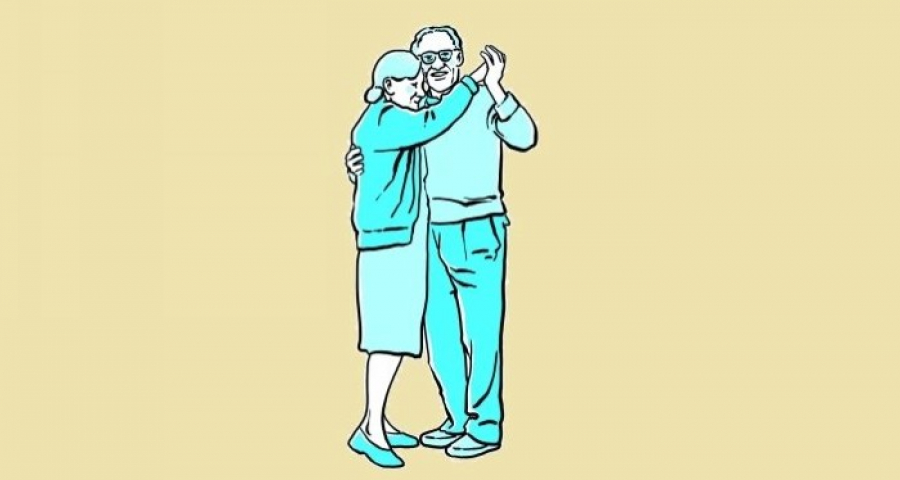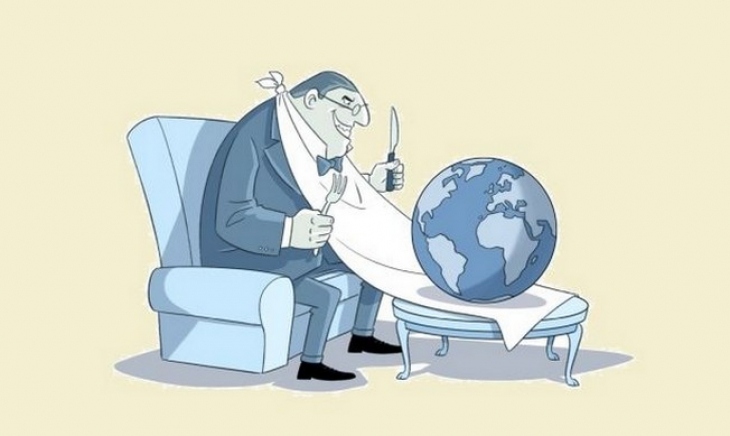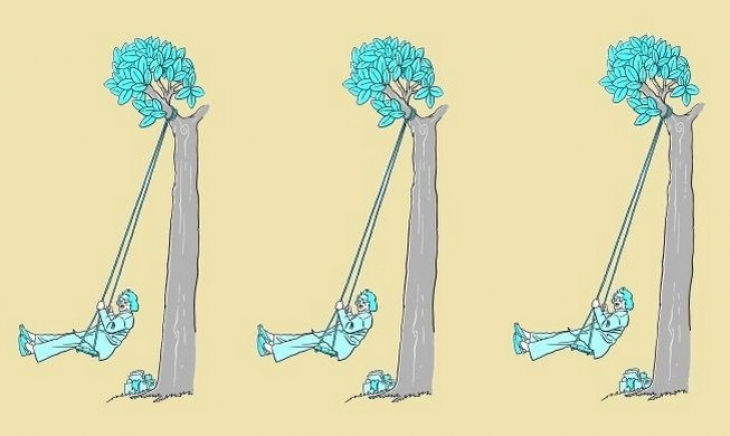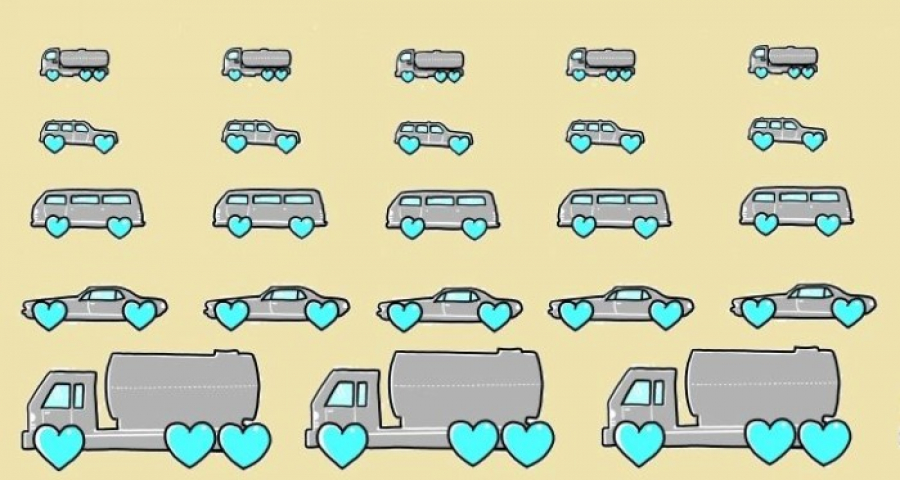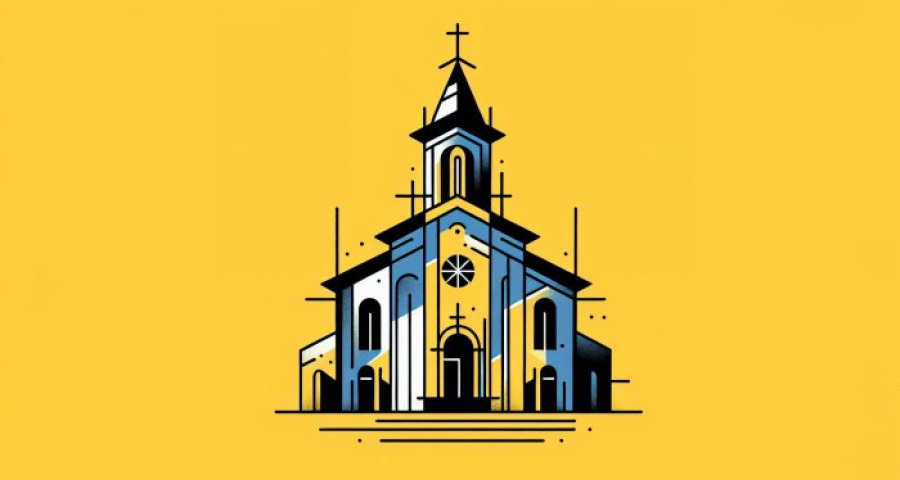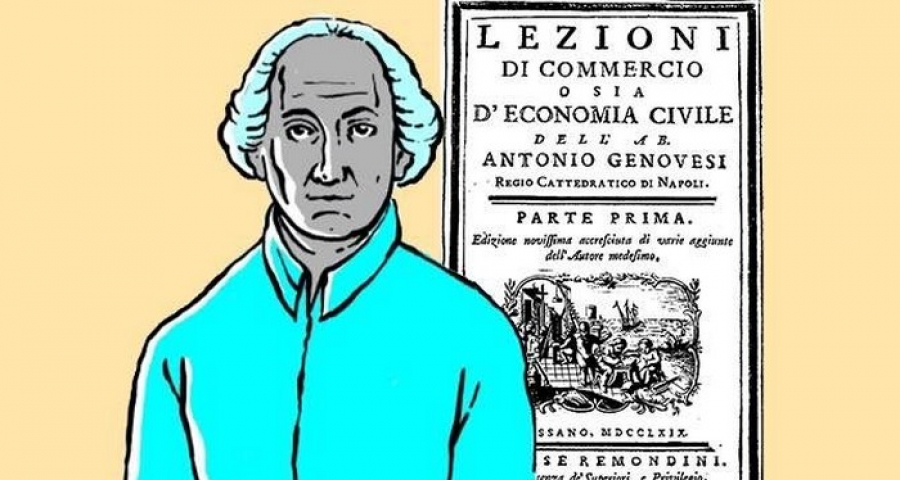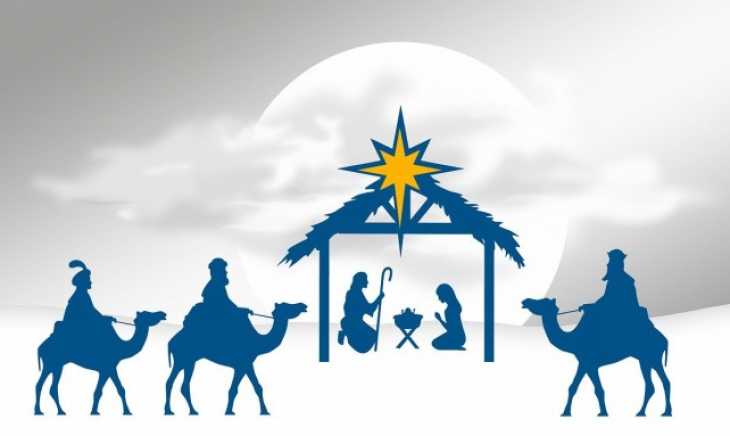Let us think, from time to time, about happiness, but above all let us think about the truth, goodness and righteousness of life, of our own and that of others.
by Luigino Bruni
published in Messaggero di Sant'Antonio on 06/09/2024
Happiness is not enough. It seems a mere phrase that’s totally out of tune in a time like ours, which has made happiness the greatest, sometimes the only ideal in life. Seeking one's own happiness, or one's own fulfilment, has become an ethical imperative, and those who try to question it, as I have been doing for years, appear bizarre or even depressed. ‘Try to be happy at last...’ has thus become one of the most heard phrases, and one that even sounds convincing. But, in fact, things are more complicated. First of all, it is not true that happiness is a new reality. The Greeks (think of Aristotle) had placed it at the centre of their humanism, because for those ancient philosophers there was nothing more worthy and noble than happiness (eudaimonia), defined as the ultimate goal, the perfect good beyond which there was nothing worthwhile.
Christianity complicated the discourse a great deal, and the Bible had done so before that. So much so that happiness, in the Greek sense, is not a biblical word: in the Bible we find many synonyms, from gladness to joy to bliss, words that are similar but also very different. In the Old Testament, the ultimate goal of life, what was most noble and worthy, was not to be happy but rather to be righteous and good. What really matters is to lead a righteous life. Noah is called a ‘righteous man’, so are the Patriarchs and, in the New Testament, Joseph, the husband of Mary, is also called a ‘righteous man’. Furthermore, a life that works is (again according to the Bible) a life that generates, that begets children and grandchildren. The promised land to be reached is one where many children and their sons and daughters will dwell. The Roman civilisation did not think much differently. When they chose ‘public happiness’ as the motto of the republic, those ancient ancestors of ours represented it, on coins for example, through children holding fruits and grapes, as if to say that happiness is to bring life and fruit. And the word felicitas itself had the same root (fe) as fe-tus, fe-cundus, fe-mina, because that happiness was deeply linked to generativity.
Until recently, if I had asked my grandfather or father: ‘Are you happy?’, they would not even have understood the question, because for them the happiness of their children and grandchildren was much more important than their own, and the quality of their lives was measured on other indicators than happiness. It should not surprise us, then, that in the happiness of our time, children have gone out of the picture. I was struck by an advertisement of a chain of holiday apartments, centred on the message that it is not good to go on holiday to hotels where there are many children, because having them around reduces our happiness. A rather bizarre concept, which has been formed in just one (foolish) generation.
It is true that the Catholic version of Christianity in the modern age put too much emphasis on a religion of pain, penances and the ‘valley of tears’, resulting in a culture where one had to be ashamed of happiness, not to mention the pleasures of the body and the senses. And so, as a counter-reaction, at some point we discovered happiness, became intoxicated by it, and forgot its deceptions. Among these, the main one is as important as it is simple: happiness comes when you don't think about it too much, because those who make happiness the goal of life find only sadness and frustration. So let us think, now and then, about happiness, but above all let us think about the truth, goodness and righteousness of life, our own and that of others. We are greater than our happiness.
Credit Foto: © Giuliano Dinon / Archivio MSA






